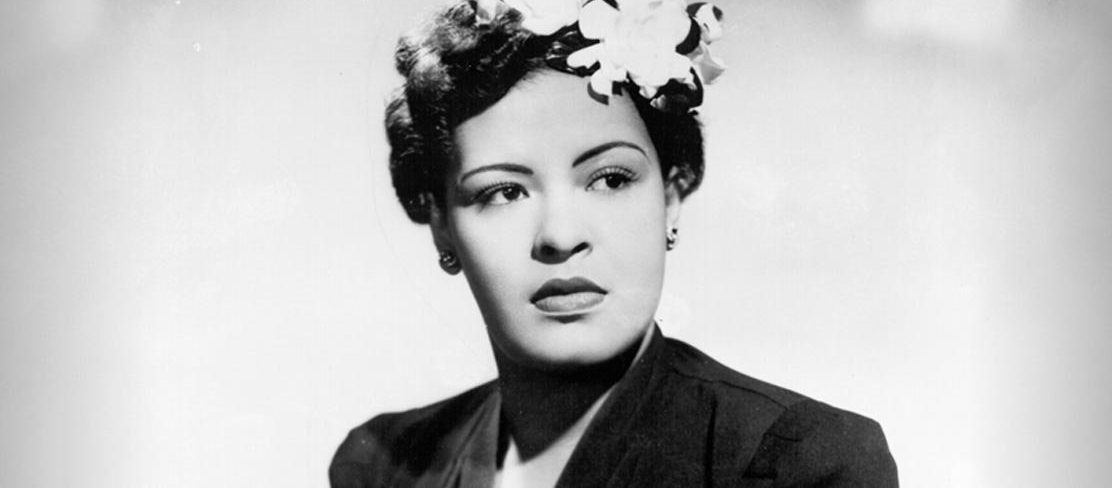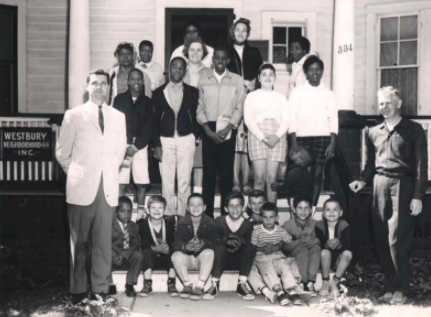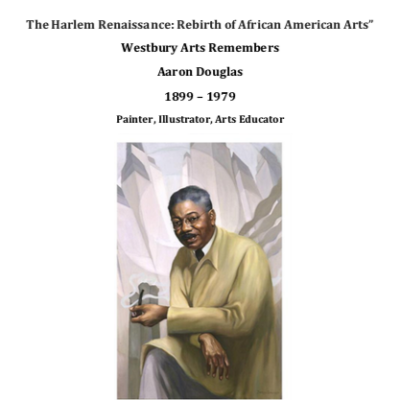Legendary Jazz Vocalist and Public Figure
Born Eleanora Fagan, she grew up in Baltimore which was known for its abundance of jazz talent during the 1920’s. She developed her passion for singing by singing along to records by her favorite artists Bessie Smith and Louis Armstrong. As a youthful teenager, performing these songs at late night jazz clubs gave her the exposure and experience she needed to take her career to the next level. Fortunately for her, Billie’s mother moved to Harlem in order to receive a better job and eventually Billie moved there as well. At this point in her life, she decided to change her stage name to Billie Holiday which she derived from her father Clarence Holiday and one of her favorite movie actresses, Billie Dove. She traveled from nightclub to nightclub in Harlem and officially made her singing debut. She would sing for tips and sometimes, depending on the gig, there would be either group acts or solo performances. By the time she was 18 years of age she had already developed more performance experience than most adult musicians of her time.
During 1935, Billie Holiday’s career sky rocketed when she recorded songs like “What a little moonlight can do” which ultimately became hits and even landed her first recording contract. Her affiliation with Lester Young eventually lead to the coining of her famous nickname “Lady Day” and allowed to record relentless master tracks that are known all over the world. Billie Holiday was also known for standing up for what she believes in regardless of how others felt about it. In 1938 she became one of the first black women to ever have worked with an all-white orchestra which was extremely impressive considering the racial dilemma during the time. Billie Holiday was then introduced to a poem called “Strange Fruit” which describes in detail the lynching of an African American man. Columbia Records, whom she was signed to at the time, refused to allow her to record the song and so she went to record this piece under Commodore instead. The song “Strange Fruit” is now recognized as one of Billie’s classic songs.
Drugs and Alcohol unfortunately led to her untimely death in 1959, but you can identify a little piece of Billie’s influence in Jazz vocalists following her. Billie Holiday is a musical legend that is still well-known today for the foundation that she provided for future jazz musicians as well as the bold political statements she made through her music. Despite her lack of technical training, Billie’s phrasing and the emotion she portrayed in her music is what keeps her legacy alive. She changed the music world and her music will be enjoyed by many generations to come.
Here are some links to some of my favorite songs performed by Billie Holiday:
https://www.youtube.com/watch?v=h4ZyuULy9zs











